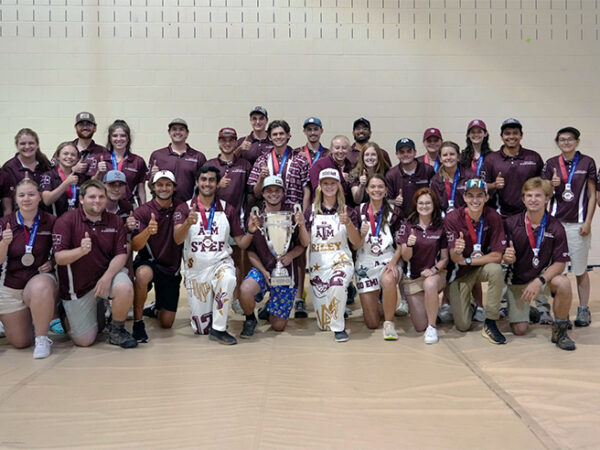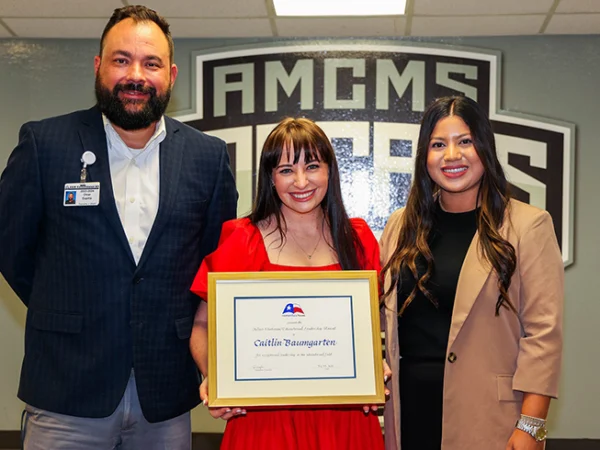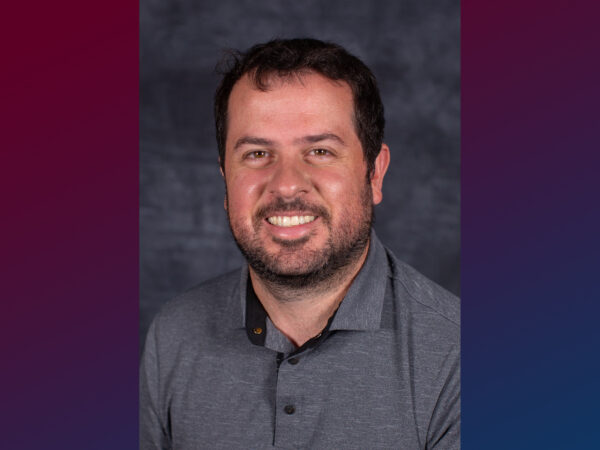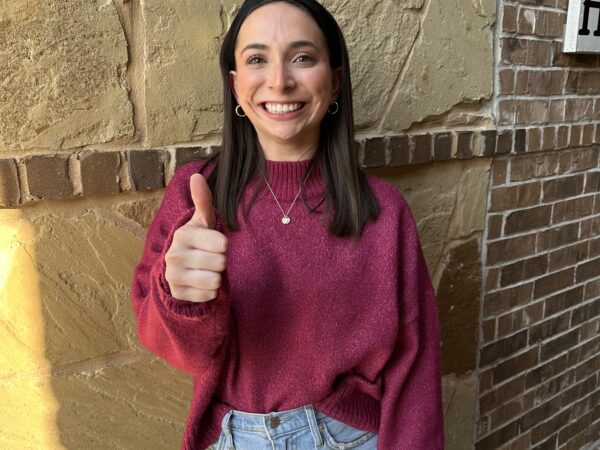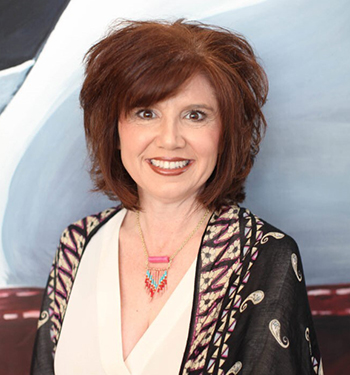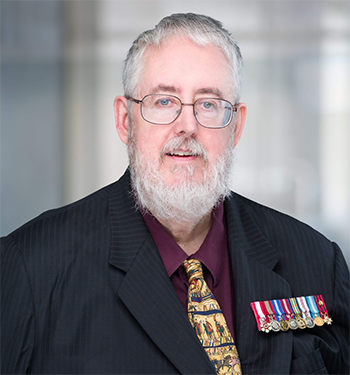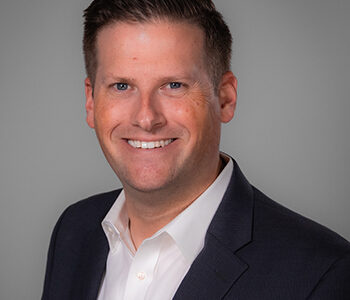Stress-Free Approaches To Managing Health In Diverse Older Adults
America is aging, with about 15 percent of the population over the age of 65. As Americans age, susceptibility to chronic conditions increases and level of overall health can decline.
Dr. Shevon Harvey, director of the Transdisciplinary Center for Health Equity Research and associate professor in health education, said reducing stress by setting small, measurable goals is key to improving health in the diverse, aging population.
She recommends seniors set ‘doable’ goals to achieve long-term health objectives.
“The first thing I tell seniors is to just pick one thing and start small. For example, instead of drinking soda, drink water. Instead of drinking four cans a day, drink three, and then drink one bottle water,” Dr. Harvey said.
Dr. Harvey said setting small goals prevents older adults from feeling overwhelmed. Cutting out soda completely, for example, could be more stressful than omitting one can at a time.
If a person is stressed they are more likely to give up on their long-term health goals. Dr. Harvey recommends seniors engage in a spiritual activity to decrease stress in their health journey.
“For people who are religious, it’s reading their Bible. For others it is meditation, and meditation comes in many forms. They can meditate while they walk. They can be in their garden and enjoy nature and that can be a form of their practice,” Dr. Harvey said. “Anything they can do to decrease stress is beneficial.”
Every older adult is on a different level when it comes to health. One can be an avid runner whereas another of the same age struggles to walk for longer than five minutes.
“Whether they have been sedentary and trying to walk, or they are trying to do a brisk walk or a slow run, or whether they are running and trying to do a half marathon, the aging population is so diverse, especially for physical activity,” Dr. Harvey said.
Her research also focuses on accepting cultural nuances while helping individuals make health behavior changes.
“How we define exercise is very cultural,” Dr. Harvey said. “For example, older black Americans may believe ‘I worked all my life through manual labor, so when I retire, I just want to do nothing’.”
Dr. Harvey found that faith-based health ministries can have significant impact on older minority adults.
“Particularly for black women, working through faith-based organizations has been very useful in helping that population make some health behavior change,” Dr. Harvey said.
Location can be a positive or negative factor for aging populations. Both rural and urban settings can hinder or encourage a healthy lifestyle, varying by factors like crime rate and accessibility.
“There are physical limitations in some urban environments that can make someone who may have a plethora of resources as you think about within the urban context feel isolated, more so than if they were in a very rural area,” Dr. Harvey said.
She recommends older adults in urban settings find activities inside their homes, like cleaning or walking stairs if they feel unsafe outdoors.
“Even though there are not typical resources in rural areas, there’s a lot of other resources,” Dr. Harvey said. “They may not have a sidewalk, but if they live in a very rural area, they may have a garden, which is where they will get a lot of physical activity.”
Whether location is urban or rural and activity is indoors or outdoors, Dr. Harvey recommends older adults take a gradual approach in health goals.
“I tell the older adults not to focus on losing weight. Just focus on being the healthiest you that you can be. Whatever that looks like,” Dr. Harvey said.
To learn more about Dr. Harvey’s research visit tx.ag/researchharvey
About the Writer
Heather is responsible for news coverage in the Department of Health and Kinesiology, as well as the Department of Educational Administration and Human Resource Development.
Articles by HeatherFor media inquiries, contact our Media Relations Coordinator, Ashley Green
Fundraising
To learn more about how you can assist in fundraising, contact Amy Hurley, Director of Development ahurley@txamfoundation.com or 979-847-9455



